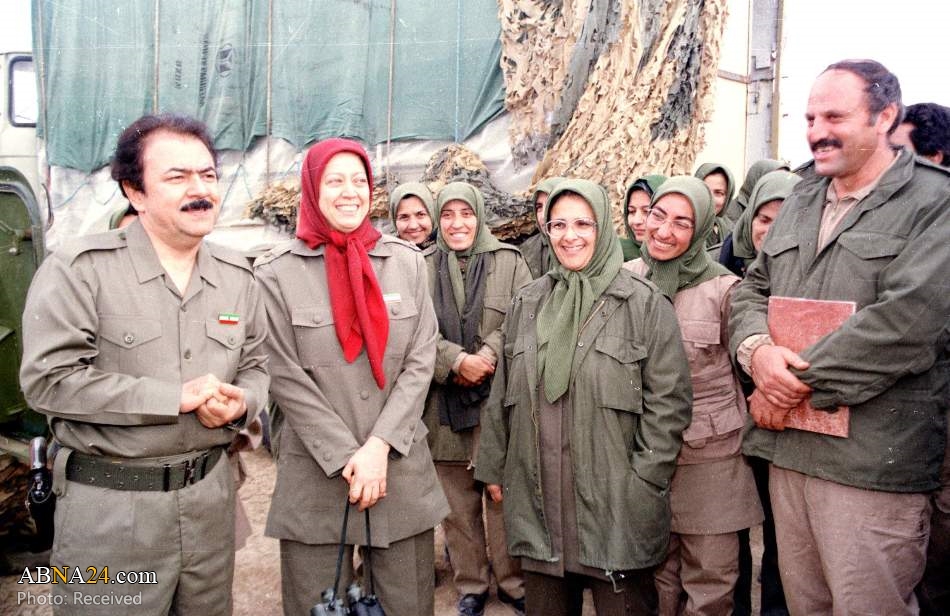AhlulBayt News Agency (ABNA): Iraq's military occupation by US troopers, lead to the fall of Saddam and the wane of Mujahedin groupuscule (Munafeqin).
On Wednesday, 21 July 2004, General J. D. Miller, the Deputy Commander of US troopers in Iraq, sent a note to some news media: "The US military now has Mujahedin group under its protection and they have been given new rights". The news was kind of blurry, until Mujahedin cleared up everything. On Sunday, 25 July 2004, the secretariat of the National Council of Resistance of Iran issued an statement that surprised the analysts and the media all over the world. The statement noted that the Multinational Force Command in Iraq had announced a new legal situation for the residents of Camp Ashraf. The US had confirmed that the organization's forces in Ashraf are under protection, due to Fourth Geneva Convention. The limitations were taken away and protecting Camp Ashraf was the responsibility of the American Forces. The statement mentioned that the International Committee of the Red Cross, the UN Refugee Agency and Iraq's government were informed on 2 July 2004. After the statement, an agreement was signed.
Adam Ereli, deputy spokesman of the US Department of State, talked to the Press about the new decision of US Military. He could not answer their questions completely, as he seemed not to have enough information. He explained the "Under Protection" situation as: "The protected persons are being protected by the Geneva Convention.... This situation consists of individuals, not groups and organizations. There has not been much change and the members of Mujahedin in Camp Ashraf are limited under control of Multinational Forces, which guarantee that they won't be a threat to anyone inside or outside of Iraq. We cooperate with international organizations and Iraq's government to eventually prepare the situation to send them to their own countries". When he was asked that If Mujahedin were considered as a terrorist group, why this right was given to them, while other terrorists were being treated differently, as the troopers of the enemy, he told another paradoxical story: "The personal protection situation has been given to them, for they were non-belligerent in the war between Iraq and the unions. It's not about them being a member of a terrorist group. Mujahedin are still a foreign terrorist group. The law will be enforced to those involved in their terrorist activities".
The organization was pleased and satisfied with this decision, and Seeyed-al-Muhadesin, their External Communication Agent expressed that in lots of interviews.
The Geneva Convention is relative to the protection of civilian persons in time of war. The protected persons are civilians who find themselves in the hands of a party to the conflict of which they are not nationals. They have occupier's support when facing exile or collective punishment. The paradox is that the role of US as an occupier was finished by the end of June 2004, When Paul Bremer, who led the Coalition Provisional Authority, handed over his position to Iraqi Prime Minister Ayad Allawi. But US still was playing the role of the occupier.
But the situation in the New Iraq, with its government feeling deep responsibility and intimacy towards its suffered gracious neighbour, Iran, faded away the last chances of Mujahedin to survive. After two decades of deep relationship between Saddam's regime and Rajavi's organization, there is no way to imagine an independent life for them. Mujahedin came to their historical end and left a legacy full of pain, blood and examples for the Contemporary History.
/129
source : Islamic Revolution DC
Tuesday
12 January 2021
10:27:58 AM
1105285

Iraq's military occupation by US troopers, lead to the fall of Saddam and the wane of Mujahedin groupuscule (Munafeqin).
